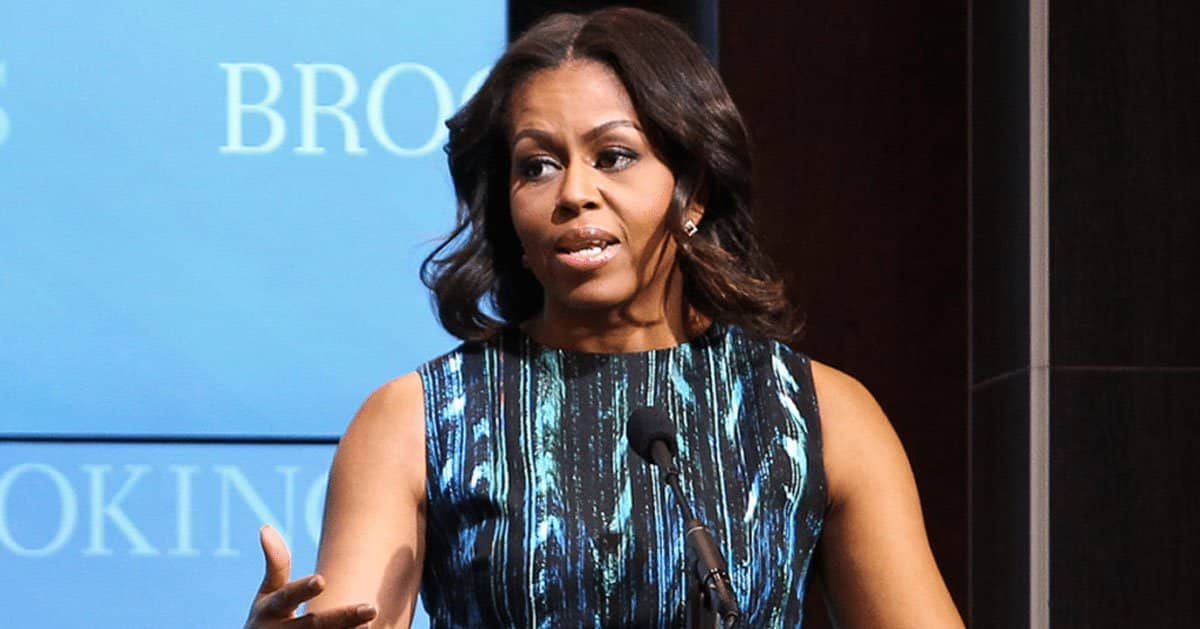







President Donald Trump's proposal to send American military forces into Mexico to combat drug cartels has been rejected by Mexican President Claudia Sheinbaum, fueling speculation of rising tensions between the neighboring nations.
Newsweek reported that this refusal could intensify already-strained relations between Mexico and the United States due to previous disagreements on trade and tariffs.
Trump and Sheinbaum held discussions regarding this controversial offer, during which the U.S. president emphasized the urgent need to tackle drug cartels.
Speaking to journalists onboard Air Force One, Trump described Sheinbaum as "a lovely woman" but suggested that she was intimidated by the power of the cartels.
The escalating violence in Mexico, according to Trump, is largely driven by organized crime groups, which have been responsible for significant increases in murders.
Between 2015 and 2021, the number of murder victims linked to these groups rose from around 8,000 to 23,500 annually. The urgency of addressing this violence is reinforced by the activities of major cartels involved in the smuggling of fentanyl and illegal migrants into the United States.
In response to these threats, Trump has already taken significant actions to address the problem. He issued an executive order in January classifying several Mexican drug cartels as Foreign Terrorist Organizations. Additionally, in April, he signed a presidential memorandum directing the U.S. military to bolster security along the southern border and curb illegal crossings.
The offer made by Trump to Sheinbaum included deploying American troops to assist in the fight against drug trafficking. Sheinbaum firmly declined this proposal, asserting, "Sovereignty is not for sale. Sovereignty is loved and defended." She insisted on maintaining a cooperative relationship with the U.S., where each nation operates within its own borders.
Trump's remarks suggest he sees this offer as a necessary intervention to protect American interests. An alarming statistic cited by the U.S. government underpins his concerns — over 74,000 fentanyl overdose deaths occurred in 2023 alone.
Sheinbaum's refusal to accept U.S. military involvement has the potential to exacerbate existing tension between the two countries. The relationship has already been under strain due to longstanding disputes regarding trade policies and tariffs.
Moreover, Trump's candid remarks have introduced further strain. He commented on Sheinbaum's reluctance to accept aid from the U.S. military, attributing it to her fear of the cartels.
Despite this setback, Sheinbaum emphasized the importance of cooperation, but within the framework of each nation respecting the territorial integrity of the other. Her staunch defense of Mexican sovereignty underscores the complexity of addressing cross-border issues related to drug trafficking and cartel violence.
The proposed intervention is taking place against a backdrop of evolving policies toward drug cartels under Trump's administration. With measures already in place aimed at halting illegal activity along the border, the proposal highlights the high stakes in U.S.-Mexico relations.
For U.S. citizens, the impact of drugs trafficked by Mexican cartels is a growing concern. The fentanyl crisis is a significant factor, as the synthetic opioid continues to claim thousands of lives each year. This ongoing issue underscores the rationale behind Trump’s proposal and his classification of cartel groups as terrorist organizations.
The recent proposal also reflects broader political dynamics between the two nations. As Mexico grapples with internal security challenges, the refusal to allow American troops on its soil highlights the delicate balance of sovereignty and international collaboration.
Both leaders seem to recognize the importance of tackling organized crime, yet their methods diverge significantly. Trump’s approach is characterized by direct intervention, while Sheinbaum's response emphasizes collaboration without compromising national sovereignty.



